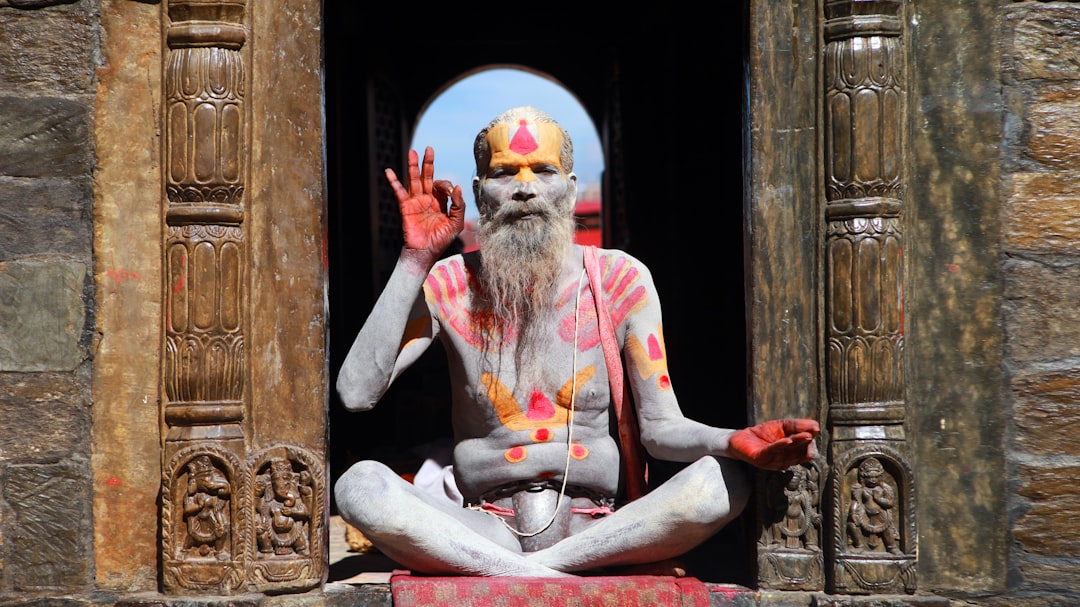What is it about?
The English poet John Keats and the Japanese poet Matsuo Basho were separated by huge differences of time and culture, and yet their sensibilities were strikingly similar. This essay compares them as travellers, both in the literal and the metaphorical sense, focusing particularly on their qualities of openness and transparency (or 'annihilation') of self.
Featured Image

Photo by Stefan Kunze on Unsplash
Why is it important?
Openness and transparency of self are in short supply in our culture today, which seems to be losing the capacity to stop and think in its preoccupation with instant, strident and often vacuous forms of self-expression. As Basho would say, we should be more prepared to 'go to the pine to learn about the pine' or, as Keats would say, 'Man should not dispute or assert but whisper results to his neighbour'.
Perspectives
Although published in a specialist journal, this essay is not written for a specialist readership and would appeal, I believe, to anyone curious to know what these two poets might tell us about ourselves. Constructive comment/criticism would be much appreciated (correspondence address is included in the online and print editions of the essay).
Mr Geoffrey M. Wilkinson
Independent author
Read the Original
This page is a summary of: The Narrow Road to the Western Isles— If Keats had journeyed with Bashō, Keats-Shelley Review, April 2014, Taylor & Francis,
DOI: 10.1179/0952414214z.00000000043.
You can read the full text:
Resources
The Frog and the Basilisk
Thematically related essay by the same author. Abstract and additional guide to content available on Maney Publishing`s website (Comparative & Continental Philosophy Vol. 7.1).
Certainty, that thing of indefinite approximation
Thematically related, book-length essay by the same author. Abstract available on Amazon`s UK site.
Author profile and all titles with abstracts
ResearchGate pages
Going to the Pine: Four Essays on Basho
Essay collection
Contributors
The following have contributed to this page










